Climate change will affect the lives of everyone. The most effective way to fight against climate change requires what, in political science, we call public buy-in: the public is on board with the issue and wants to participate in the fight against climate change. It is also a massive issue; it is an issue that essentially asks us to rethink the global economy almost from scratch. There is no way to do it credibly and effectively without the contribution of most people in most societies.
Public support for climate action
Professor of Political Science and International Relations
- Climate action can only succeed if ordinary citizens feel included and see a role for themselves, because the transition rewires whole economies.
- Once climate change became a mainstream political issue, leaders began exploiting its costs to rally supporters, deepening partisan divides.
- Most voters are worried about climate change but will back ambitious policies only when they see tangible compensation and fair burden-sharing.
- Clear, hopeful storytelling, especially by the media, helps counter misinformation and keeps public attention on the opportunities of the energy transition.
Need for public buy-in against climate change
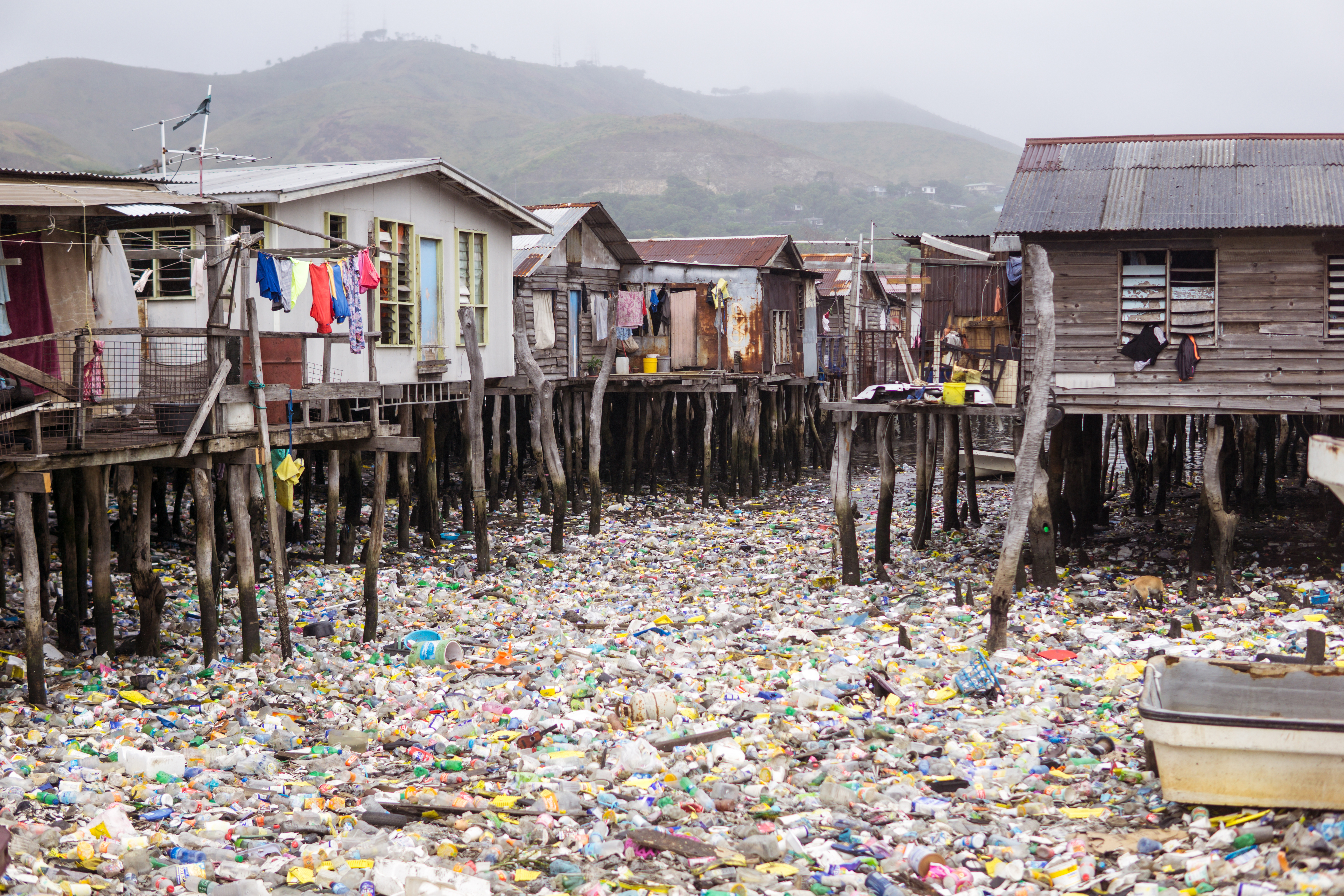 © Shutterstock
© Shutterstock
From a technocratic to political issue
For a very long time, international policy around climate change remained vague in most people's minds because it was considered a purely technocratic issue that did not require public involvement.
We are now in an era in which climate change has entered mass politics. It is part of many political parties' platforms and is something that most people with minimal education have heard of at least once, if not more. The news media talk about this quite regularly in the global north and increasingly so in the global south. This has involved people much more. It has also divided people, because it has become evident that climate action has distributional implications.
Partisan climate divides
Climate politics as a partisan issue has only become a thing in the past decade or so — especially in the global north, where climate politics has been a political issue a little longer, and where education around climate change is more mature than in the global south. For a very long time, until the late 2000s, climate policy was hardly debated across partisan lines. There was almost a silent consensus that there was nothing wrong with trying to solve this issue. Parties were not really dividing themselves across their positions on climate change until the Great Recession, maybe even the 2010s.
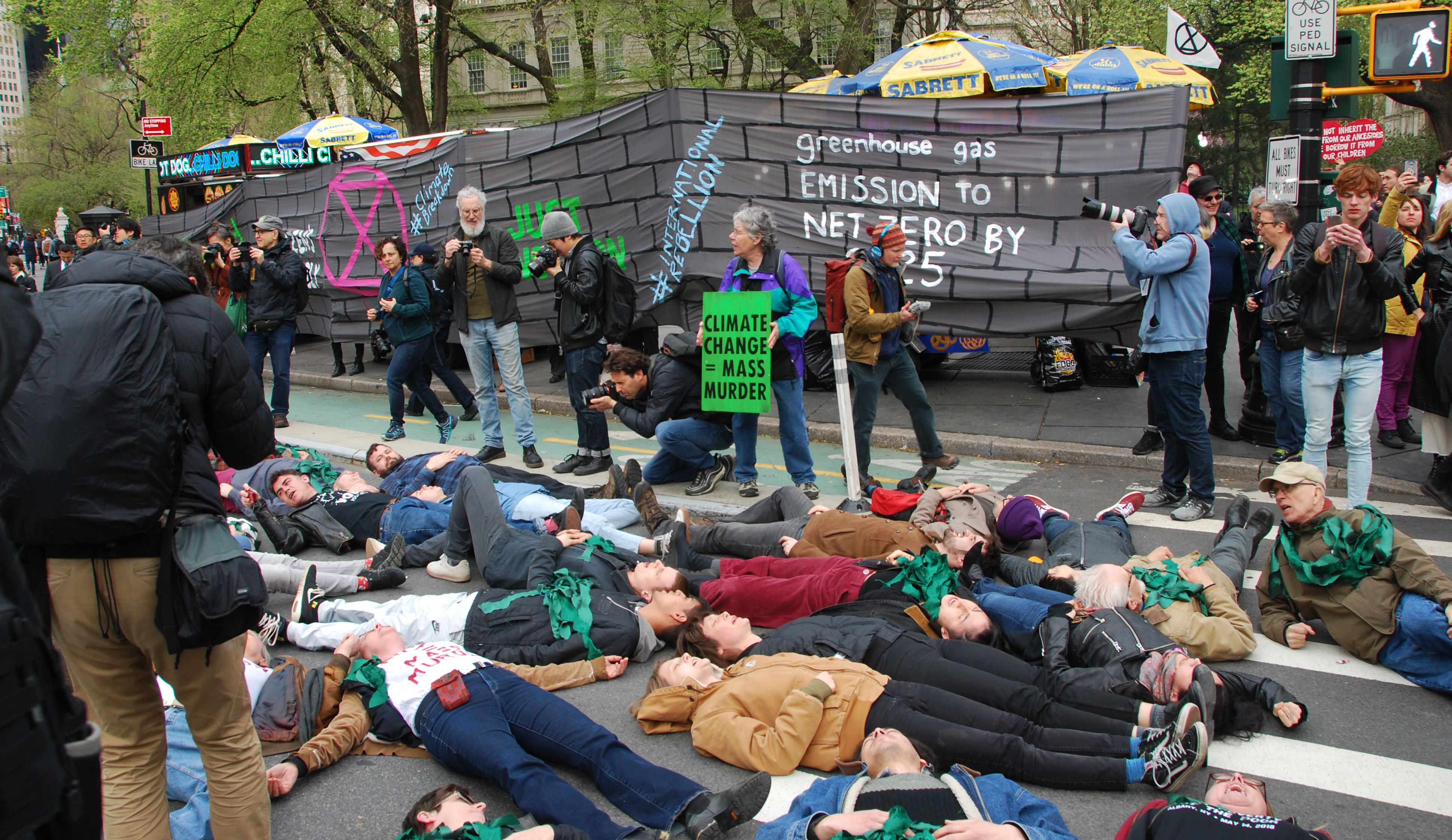 © Felton Davis
© Felton Davis
Many of the sensitivities to costly public policies have suddenly activated political leadership from some factions of the ideological spectrum to use climate change as an example of a costly and unnecessary issue that would create even more pain among the population.
On some level, it has become a somewhat easy issue for some political leaders to use to activate voters who do not want to adjust their lifestyles, do not want to make compromises on economic growth and ultimately feel like the state should not impose public policies that regulate emissions.
Compensation is key
It is definitely possible for the public to become an obstacle to the progress of climate action. That is not to say, though, that the public, on average around the world, is not concerned about climate change. We actually have a significant amount of data across the world; multiple waves of survey efforts that show that across all nations, at least 60%, if not at this point 70%, of the average voters are concerned about climate change, are observing climate change. They see it; they are experiencing it. Of course, because climate action is costly, people are sensitive about costs. This could potentially trigger different emotions, different feelings, different perceptions about how they want to deal with the problem.
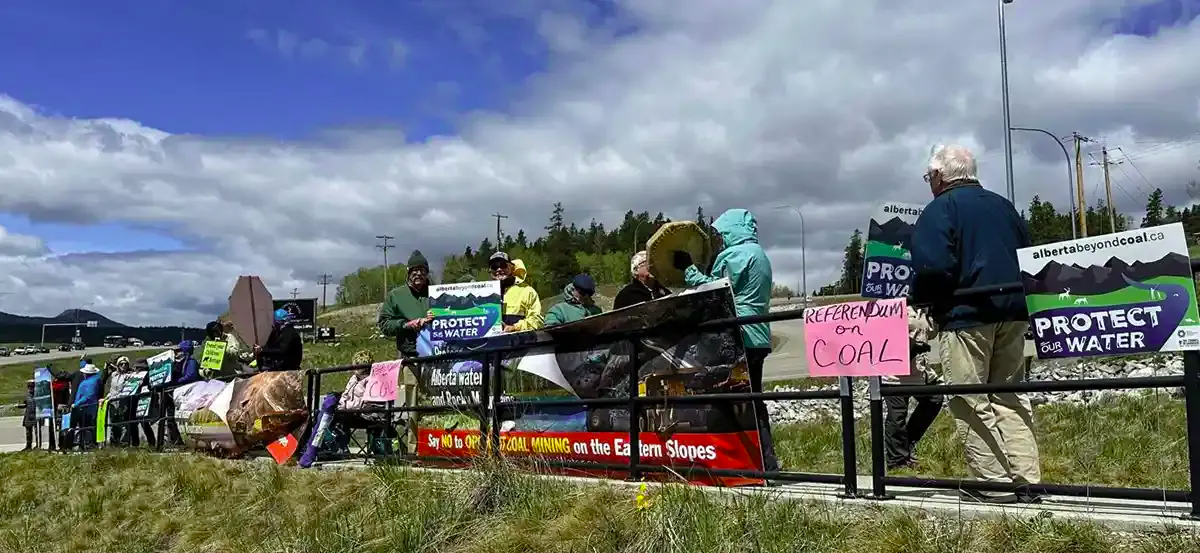 © Ken Williams
© Ken Williams
Many voters are concerned about climate change, and there are, in some countries, majorities of voters actually looking for leadership on climate action from a progressive side of things. A lot of people are not denialists, and a lot of people are not even delayists.
What I have found in my own work is that they do not necessarily deny climate change; they just want their concerns, their anxieties, their material and economic risks from the energy transition to be taken seriously. They do want investments as a counter-offer to climate policy. They could engage with climate policy if compensation is visible, credible, strong and ambitious. Compensation can become a key to bringing in and taking that buy-in, even from communities that are very existentially exposed to the energy transition, to climate action.
Motivations for climate engagement
Over and over, in public opinion surveys that I have done and that colleagues have done, we find that people are very sensitive to the price labels of climate policy. So, this matters; the material side matters, but there are other reasons why people engage with public goods provision and may be interested in solving a public goods problem like climate change. More intrinsically altruistic citizens are more likely to want to do something about climate change, even if that comes at a material cost.
One other important norm that could motivate how people think about this is whether people are reciprocal or not — whether people would actually engage with a public policy issue like climate policy if they know that others are contributing. Again, there are multiple technical ways in behavioral political science and behavioral economics to measure how people feel in terms of reciprocity. What we have found in our surveys is that people who are more sensitive to how other people are doing on issues of public relevance, like environmental protection and climate contributions, will adjust to what others do.
Actively participating in the climate debate is fundamental, because there is a lot of disinformation and misinformation, many political entrepreneurs trying to seek out votes from people who barely understand how climate change will affect their lives. I also think this is one of those issues where, even if you do not care about climate change, climate change will care about you. Actively participating in the debate and letting activists be part of the political debate is a necessity. It is also a fundamentally important part of a healthy democracy.
Young voters and climate
There are many votes that can be captured by political leaders who take climate change seriously. In that sense, paradoxically, we see the fact that moderate center-left, or center-right for that matter, parties that have not been able to speak with a clear vision about climate change have lost an opportunity to get votes from the more green-sensitive voters of a younger age.
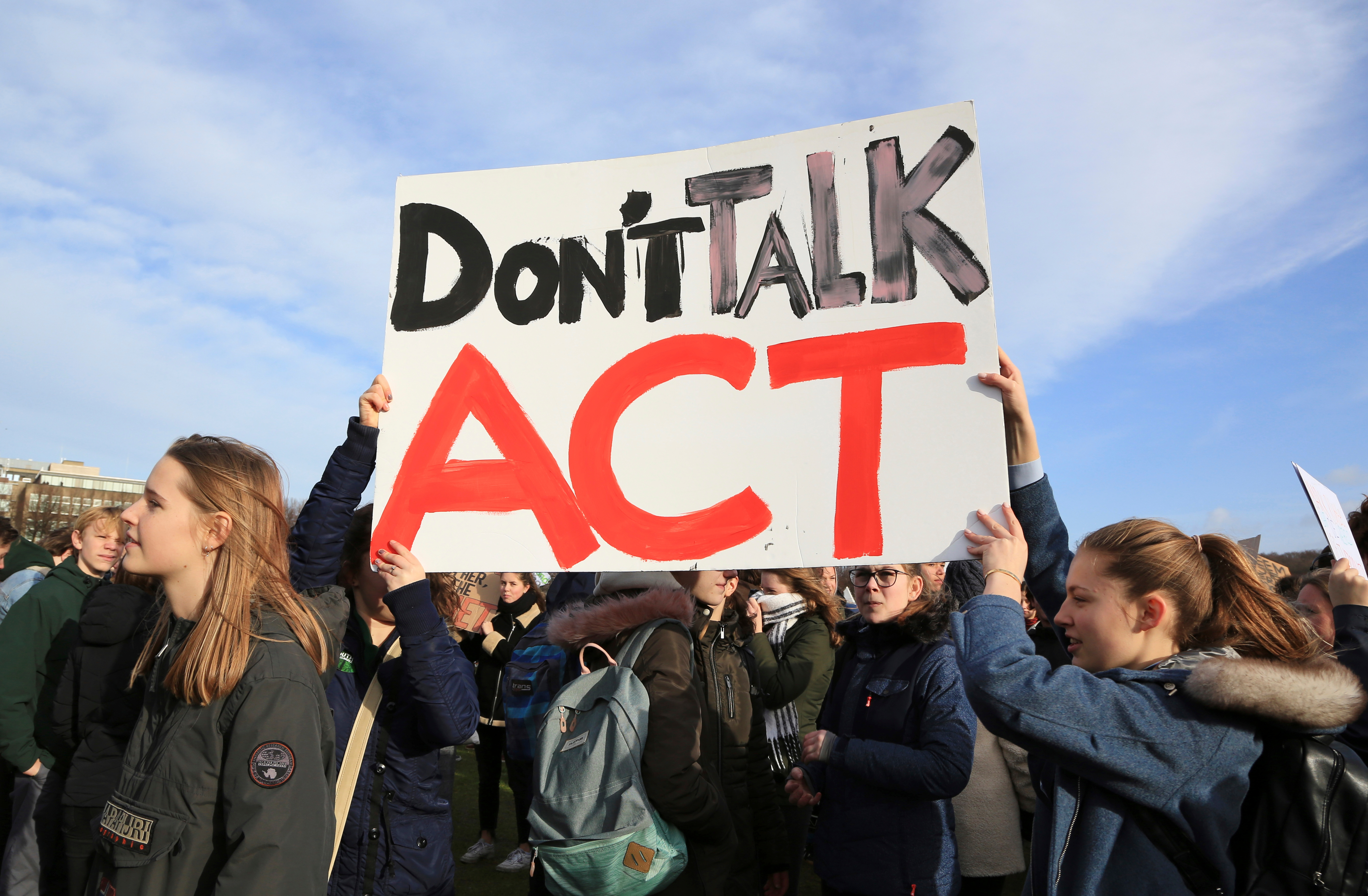 © Shutterstock
© Shutterstock
I should not say that all young people would unconditionally be supportive of parties that champion climate policy, because there are still young people in poverty; there are still young people in rural contexts around the world, certainly also in Europe. Those voters have actually become more likely to vote for the far right, for example, but we need to think about geographies of voters. If there are more young voters in urban geographies, those are definitely hotspots for potentially green climate votes.
Media on climate views
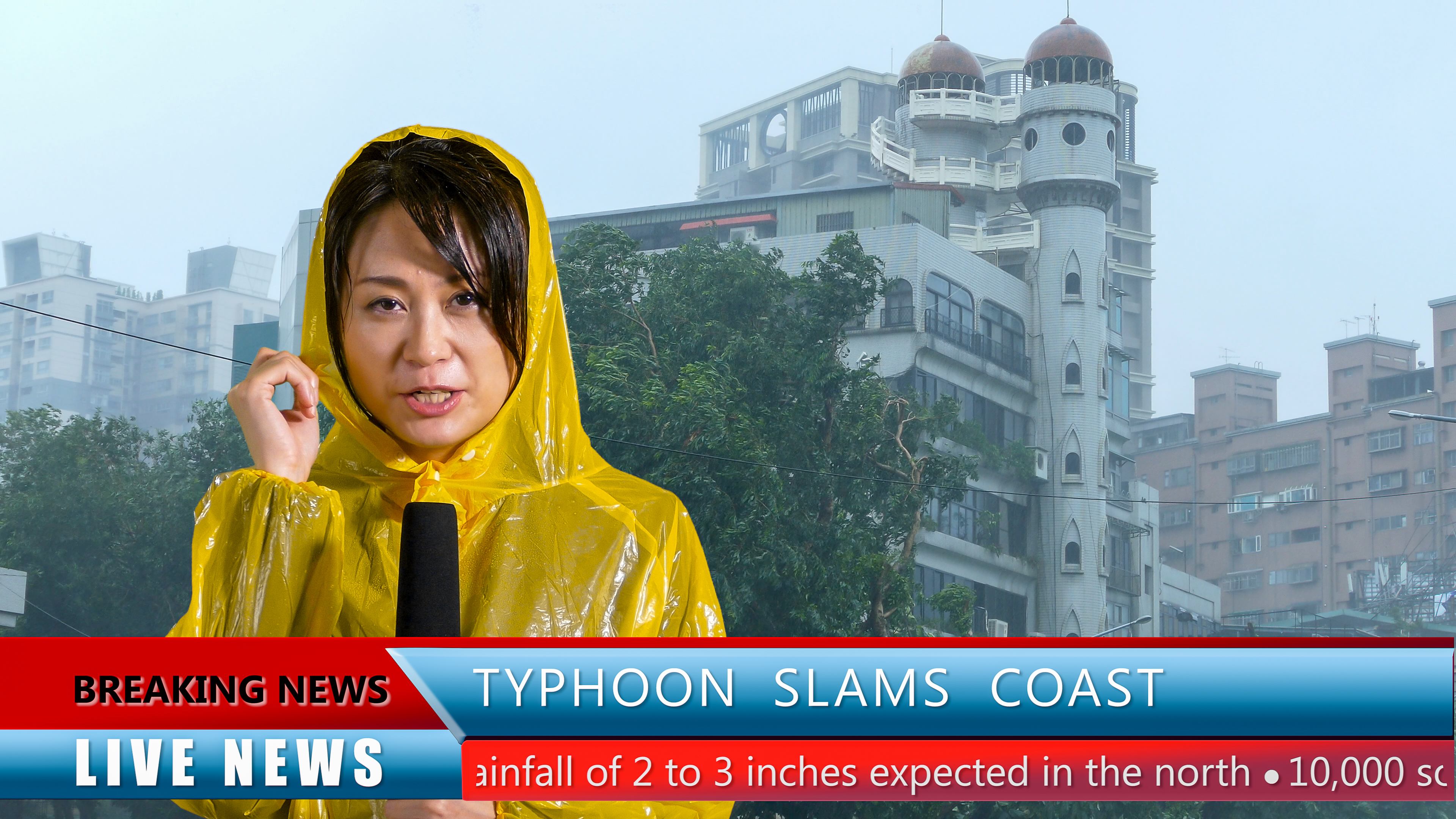 © Shutterstock
© Shutterstock
The reason why the media plays a crucial role in all of this is because climate change, on some level, is a very technical issue. It really still is a problem of physics, so it is hard to expect people with jobs and daily lives and daily problems to be so passionate about what is otherwise a slightly too scientific and probably technocratic issue. Politicians, political leaders and authorities can do some of the job in trying to explain and express the relevance of climate change for ordinary people, but it is really the role of the media to do this. This is why the amount of time the news spends talking about climate change and the framing around climate change stories in the media is so critical, because, for democratic politics, issues that are more difficult to digest can only be understood through media lenses.
The media has been a mixed bag when it comes to climate change. There is a lot of fragmentation in the media landscape and the media market, but there is also a lot of radicalization when it comes to news outputs. This does not contribute to a healthy debate on climate change, as you may expect. There are ways in which the more moderate, progressive and certainly more educated media can still do a lot of good work in, at minimum, educating people about what it means to contribute to the climate-change costs, what it means to be installing a heat pump.
Hopeful transition vision
I think the public is predisposed to thinking about solutions to climate change but would only be convinced to act on the issue by not being blamed for consuming fossil fuels, for having the lifestyle that it has.
It needs to be a vision of a hopeful step forward rather than a blame game about who has contributed to what. This is actually why I find it very problematic that a lot of the conversation around people's positions on climate change revolves around the idea of individuals’ carbon footprint. Surely everyone has to do what they can, but it is not an individual-responsibility type of problem. We need to think about what opportunities the energy transition will give people, rather than what it will take away from them. Dealing with the climate crisis is about rebuilding trust in the state, because as much as private actors can do a lot if well mentored and well motivated to decrease their emissions, and spread a lot of knowledge and goods that can help fight climate change, private actors alone will not be able to solve it. Firms alone will not be able to solve it.
 © Shutterstock
© Shutterstock
Market-oriented instruments have been helpful, some effective, but have not solved the problem, so clearly we need a relationship between citizens and their state. This is a major ask, but because we have spent a lot of time making people distrustful of state institutions, we really do need the state in this fight.
Defending climate science
Just as democracy dies in darkness, climate change and climate activism will die without climate-change evidence and climate-relevant data. The attack on science, and specifically on climate science, is very dangerous, because it simply slows down the efforts that have taken so much time and so much effort from across the world to get to the point where we are, which is still suboptimal, but at least is a transparent and vocal moment in the history of climate politics.
It is a dangerous moment for climate science. Yet, I go back to one conviction of mine, which is that eventually some level of cooperation across some members of the international community will prevail, and the places that decide to cooperate and to look forward and not backward will be the places where the climate scientists will find refuge.
Editor’s note: This article has been faithfully transcribed from the original interview filmed with the author, and carefully edited and proofread. Edit date: 2025
Discover more about
the public’s role in climate action
Genovese, F. (2020). Weak states at global climate negotiations. Cambridge University Press.
Bechtel, M. M., Genovese, F., & Scheve, K. F. (2019). Interests, norms and support for the provision of global public goods: The case of climate co-operation. British Journal of Political Science, 49(4), 1333–1355.
Bayer, P., & Genovese, F. (2020). Beliefs about consequences from climate action under weak climate institutions: Sectors, home bias, and international embeddedness. Global Environmental Politics, 20(4), 28–50.
Gaikwad, N., Genovese, F., & Tingley, D. (2025). Climate action from abroad: Assessing mass support for cross-border climate transfers.. International Organization, 79(1), 146–172.